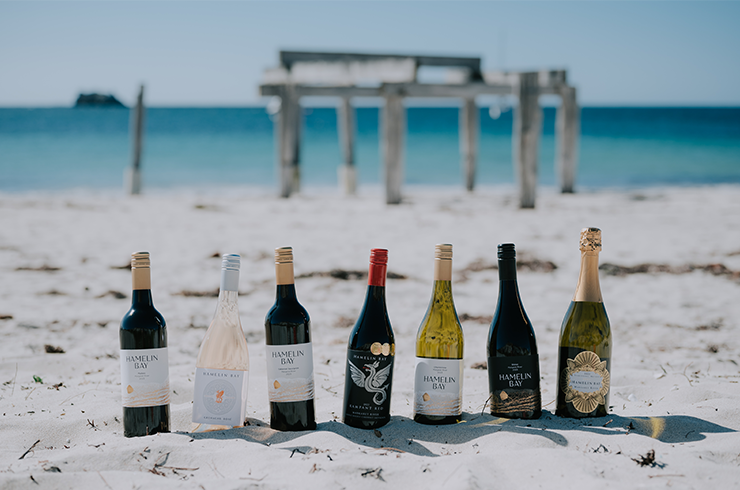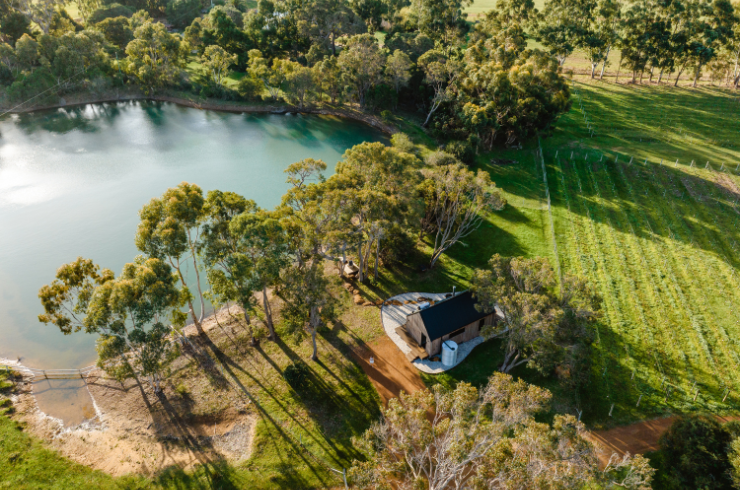I still remember one of the first thoughts I had when I discovered I was pregnant.
How am I going to tell my employer?
My work colleague was about to go on maternity leave and for a small wine distribution company, that wasn’t ideal.
Questions kept spinning around in my head. How do I work with the kind of inevitable obstacles that come with a growing bump? Would I be penalised financially or career-wise during my pregnancy and motherhood? It also got me thinking about my colleagues, those who grow grapes and make wine – both physically demanding jobs. How do they continue to do their best while carrying a child?
Talking to pregnant women and mothers in the wine industry helped me find answers to my questions. Not all the answers were reassuring.
“I deliberately timed my pregnancies around vintage, so I was able to keep working,” says award-winning winemaker Clare Halloran, formerly at TarraWarra Estate in the Yarra Valley. However, the situation was different when Clare wanted to keep climbing the ladder of wine show judging. “I just couldn’t take that time away; it was too hard. I wasn’t invited back to judge after my first child.”
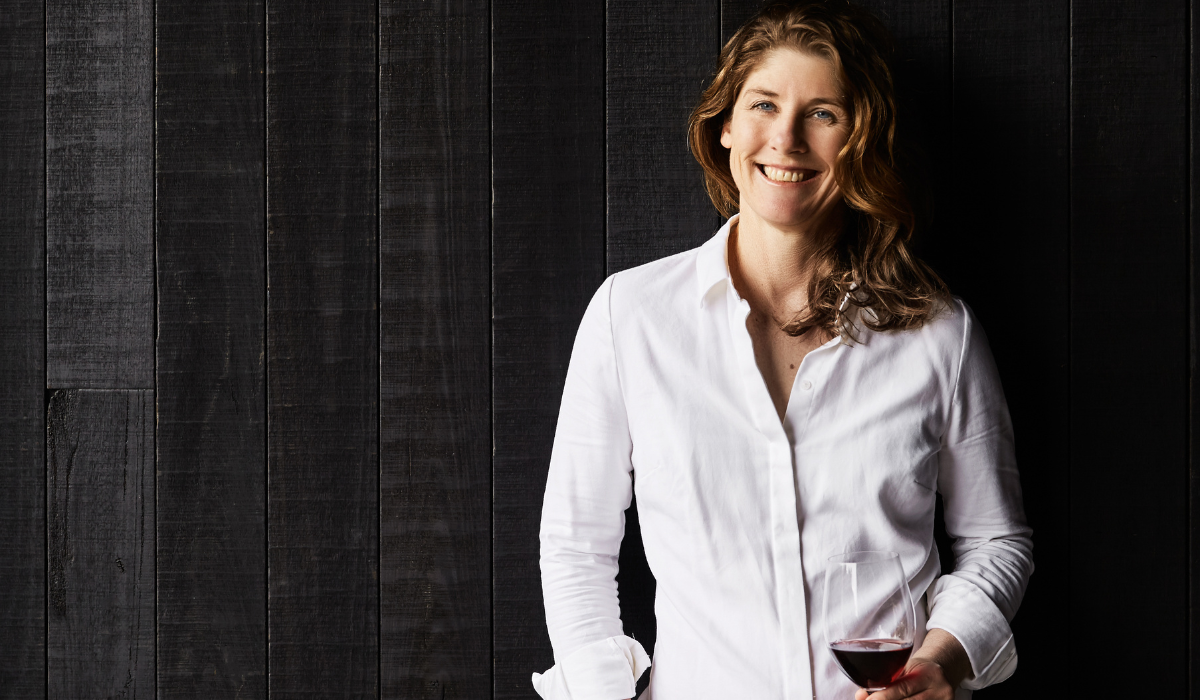
Geraldine McFaul, winemaker at Willow Creek Vineyard in the Mornington Peninsula, points out that the wine industry generally does not take into consideration the physical challenges that pregnant professionals face. “Promotional events happen at night, or wine shows go for days with dinners each night,” she says. “Many winemakers end up being the face of sales for their brands. This means a busy travel schedule.”
Her work-life balance radically improved only when she started working for a woman. “The more women who are retained at senior level in the wine business, the more things will improve for women coming into it,” she adds.
While women make up less than 30 per cent of the Australian wine industry, the figure for women in senior levels drops to less than 10 per cent. Could more women in senior roles make combining work, pregnancy and adjusting to parenthood that little bit easier for both women and men?
Shanteh Wale, ex-head sommelier at Sydney’s Quay restaurant and host of the Over a Glass podcast (and a member of the Halliday Tasting Team), who recently gave birth, agrees. “Quay's entire senior management team was female,” she says, “and had been for some time. Many of them have children, or had them, in my time working there. I took stock of this early on in my pregnancy and paid close attention to how expectant mothers were treated.”
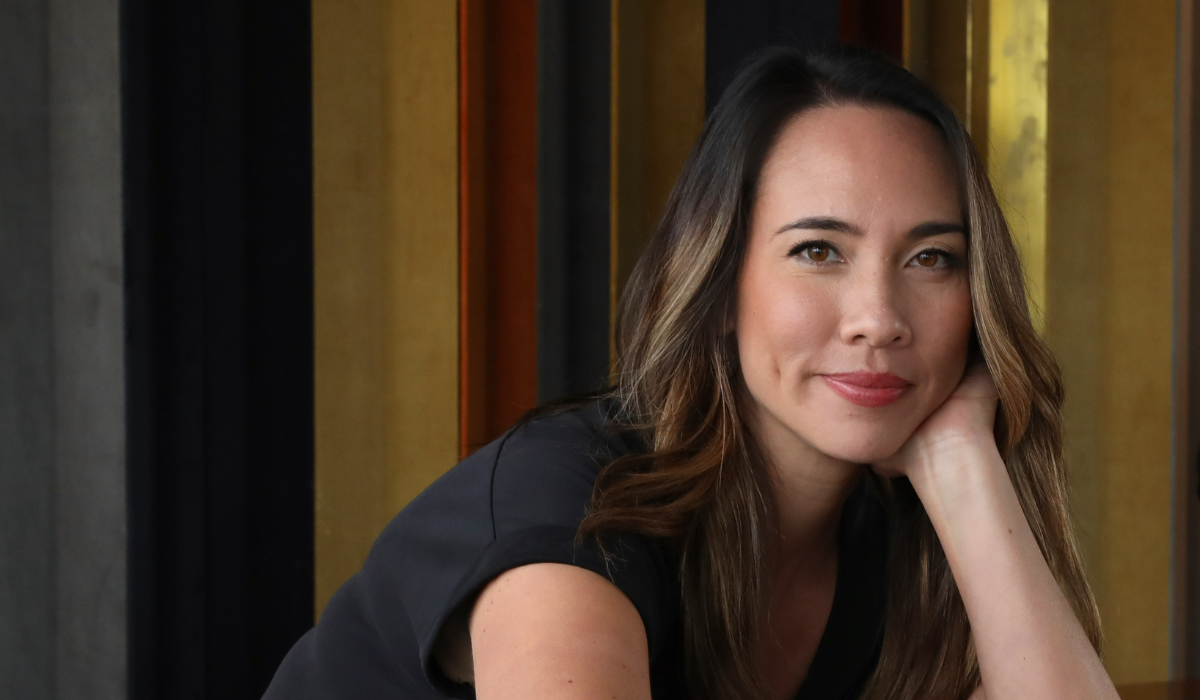
Meg Brodtmann MW, Brand Business Manager at Rob Dolan Wines in the Yarra Valley, had her children while working as a winemaker in Chile.
“I had Lily in late March and worked up until a week before I had her, so I was enormous. We were in the middle of vintage, so I took on a less hands-on role. Tasting tanks, Baume runs, running the crusher/de-stemmer, sampling in the vineyard; I felt like I had a basketball between my legs! I didn’t go in everyday as I had a brilliant winemaker on-site, and she did most of the heavy lifting.”
Moreover, in Chile women are allowed four hours off per day to breastfeed. “Seriously, another world”, Meg admits. “Anything is possible if you have a good team and communicate properly, giving them the confidence to make decisions.”
Helen Strachan, Legal and Corporate Affairs Director at Pernod Ricard Winemakers, observes that the company’s pregnant sales staff also feel the burden of a growing belly. It makes a long day in the car or working in vineyards or wineries more challenging. “While our industry is embracing technology, there are still many manual handling tasks which remain, and some of these are neither easy nor safe to perform while pregnant,” she notes.
Helen suggests a tailored approach is needed to support the health, safety, and wellbeing of mothers.
The old school mentality towards pregnant winemakers is changing...ever so slowly.
Well-known British wine critic, Jancis Robinson MW, gave birth to her three children in the '80s and early '90s. She says: “Things were a little less black and white then. Though I remember one senior – and not that important – wine merchant telling me I shouldn’t be at a tasting at all.”
Back in Australia, winemaker Tessa Brown at Vignerons Schmölzer & Brown in Victoria’s North-East tells of a former employer who openly told her that he would think twice before hiring a woman who was of childbearing age.
For Tessa, having kids while working as a contract winemaker was a real turning point for her mental health. And it was the driver for her and husband Jeremy to start their own wine business.
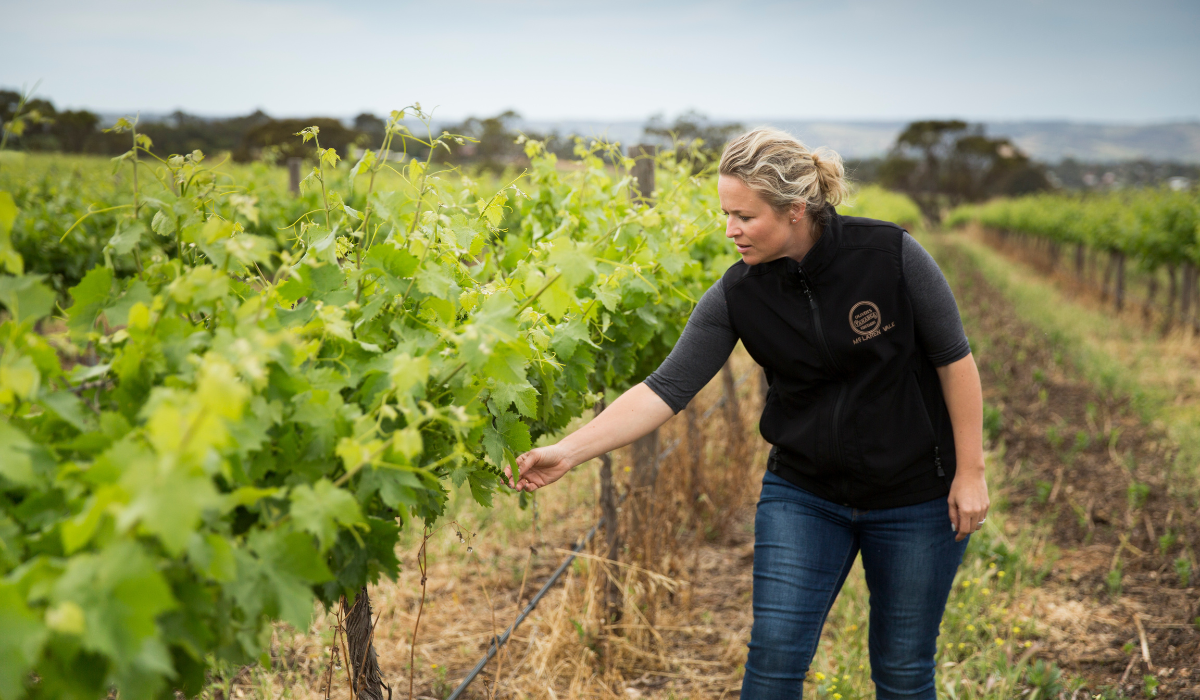
Corrina Wright, of Oliver’s Taranga Vineyards in McLaren Vale and a member of the advisory board of the Australian Women in Wine Awards, believes employers too easily forget the skills of employees who become pregnant. “Employers just see the absence and the annoyance. That is extremely short-sighted,” she says. “It costs money to get the right person, and to suddenly become not the right person because they are pregnant is ridiculous. An open communication about what both parties need is necessary.”
Major Australian wine companies such as Australian Vintage Limited (AVL) and Treasury Wine Estates (TWE) are now addressing both pregnancy and parenthood issues in the workplace. Small companies, too, are getting on board.
When one of his staff needed parental leave, Frank Van de Loo at Mount Majura Vineyard in the ACT found there was little guidance on the subject, so he did some homework. He came up with a parental leave package for full-time employees who have had at least 12 months of continuous service. They can access 52 weeks unpaid parental leave while accessing government paid parental leave. Mount Majura topped up the government contribution to a person’s “normal” salary for 12 weeks for primary carers and two weeks for secondary carers, in addition to a cash contribution of $500 for prams, cots, etc.
“Retaining good staff is far nicer and definitely worth investing in,” he says.
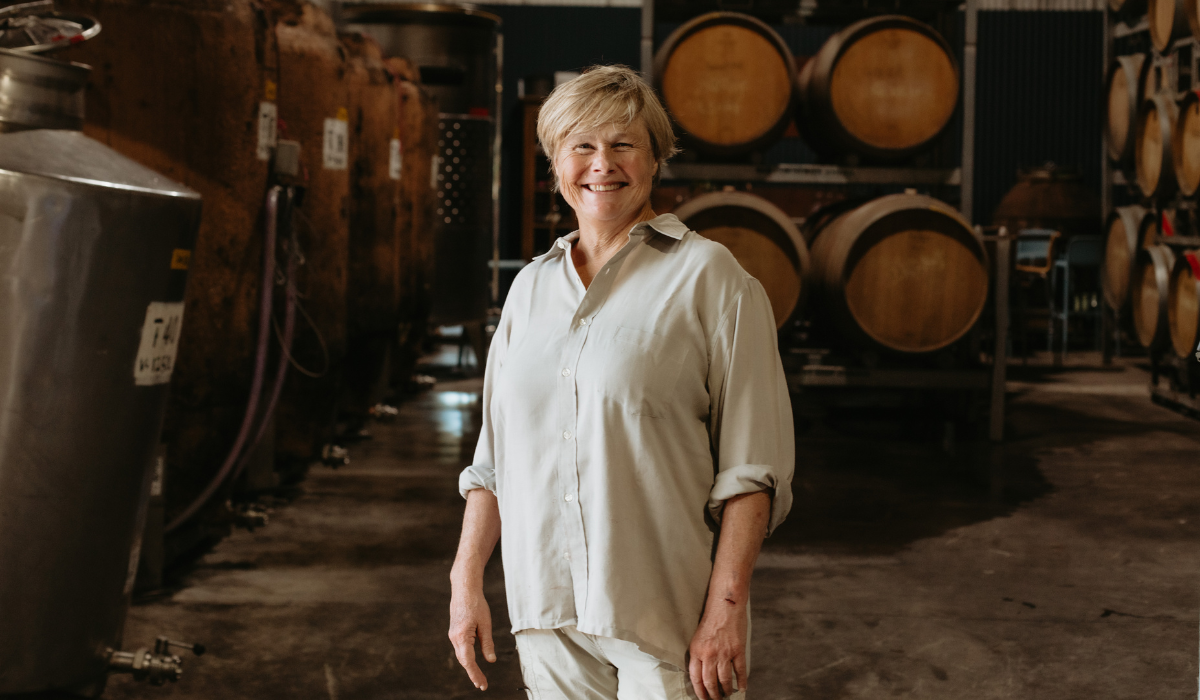
Unico Zelo in the Adelaide Hills provides superannuation payments on government paid leave and a return-to-work package to assist with child care worth $5000.
“I am considering increasing this (child care payment) and extending it for two years because child care is a significant cost” says co-owner Laura Carter. Flexible work arrangements for parents employed at the winery working full-time and part-time are also in place.
Laura has observed that employees with children tend to retain better time and stress management.
Corinna Wright, in light of her long-time advocacy for more women on the top level of the Australian wine industry, invites female professionals to reflect on this important point: “Women feel that they have no power in the bargaining over maternity plans, but more often than not, they have more power than they know.”
The last word on the subject (for now) comes from Kathleen Quealy of Quealy Wines on the Mornington Peninsula.
“Pregnancy and creating a family is a very intimate business. Don’t let the workplace influence a far higher calling (having a family).”

